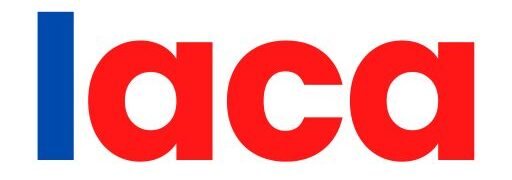Germany has introduced several reforms to its work visa policies in 2025 to attract skilled professionals and address labor shortages in key industries. The new changes focus on easing requirements, introducing a points-based system for job seekers, and streamlining the visa application process. This guide provides an overview of the latest updates and a step-by-step application process for different German work visas.
Germany’s Work Visa Categories
Germany offers multiple work visa options depending on the applicant’s skills, qualifications, and job offer status. The EU Blue Card is meant for highly skilled professionals with a recognized university degree and a job offer in Germany.
As of April 2025, the minimum salary requirement is €48,300 annually or €43,470 for professionals in shortage occupations. The Skilled Worker Visa is designed for those with vocational or academic qualifications recognized in Germany, provided they have a confirmed job offer that meets the country’s salary standards.
A new addition in 2025 is the Opportunity Card (Chancenkarte), a points-based system allowing skilled workers to enter Germany without a prior job offer. The selection is based on factors such as qualifications, language skills, work experience, and age. This system provides more flexibility to job seekers looking to establish their careers in Germany.
Key Updates Effective April 2025
Germany has introduced several significant changes to its work visa policies. The salary threshold for the EU Blue Card has been lowered, making it more accessible to a wider range of professionals. The Opportunity Card now allows foreign job seekers to stay in Germany for up to one year while searching for employment, making it easier for skilled workers to secure a job without pre-arranged employment.
To speed up the application process, Germany has launched a new digital visa portal, which aims to reduce waiting times and simplify the submission of documents. Additionally, work recognition procedures for foreign qualifications have been improved, making it easier for skilled workers from non-EU countries to get their professional credentials validated.
Application Process for Germany Work Visas
The process for obtaining a work visa depends on the category. For the EU Blue Card, applicants must have a university degree recognized in Germany and a job offer that meets the minimum salary requirement. The application is submitted to the German embassy or consulate in the applicant’s home country, followed by an in-person interview. Processing times can vary but typically take four to six weeks.
For the Skilled Worker Visa, applicants must provide proof of qualifications recognized in Germany and a job contract. If their qualifications require assessment, they must undergo a recognition process before applying. Once approved, they must visit the local immigration office (Ausländerbehörde) upon arrival in Germany to obtain a residence permit.
The Opportunity Card (Chancenkarte) has a different process. Interested applicants submit an online application, where they are evaluated based on a points system. If selected, they receive a visa that allows them to enter Germany and search for a job. Within the one-year validity period, they must secure employment that meets visa requirements to transition into a full work visa.
Recent Policy Reforms Impacting Foreign Workers
Germany’s work visa policies have undergone major reforms in response to labor shortages and increasing demand for foreign talent. The abolition of strict salary limits for certain high-demand professions makes it easier for skilled workers to find jobs.
The new digital visa system reduces processing times, ensuring quicker approvals. Additionally, Germany now offers accelerated recognition of foreign qualifications, making it easier for workers from non-EU countries to integrate into the job market.
Conclusion
With the introduction of the Opportunity Card and lower salary requirements for the EU Blue Card, Germany has made it easier for skilled professionals to enter and work in the country. The new digital application process and improved qualification recognition system further streamline the visa process, benefiting both employers and workers. Prospective applicants should stay updated on these changes and ensure they meet all requirements before applying.




